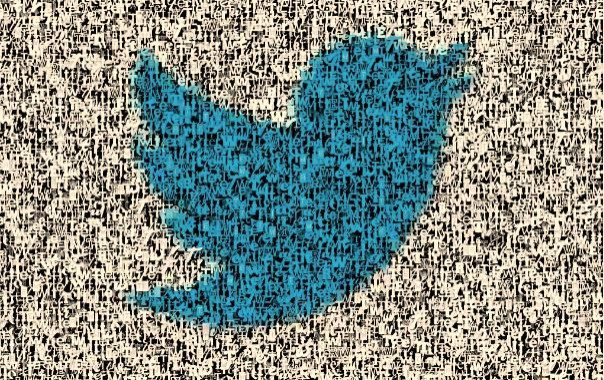Twitter Hashtags Help Experts Better Understand Transgender Health Concerns

For as harmful as social media can be, it can also help to shine light on transgender health needs, finds a new study from the University of California, Los Angeles.
"Transgender individuals are at risk for some of the most important public health problems, such as HIV, substance abuse, and depression," Sean D. Young, study co-author and executive director of the UC Institute for Prediction Technology, said in a press release. "There has been little research studying transgender communities, because they can be very closed communities who fear stigmatization. Our Institute has studied how to use 'social big data' to address public health needs and we wanted to apply this work to address the needs of transgender communities and researchers."
Young and his team collected 1,135 tweets using relevant hashtags, like #trans and #girlslikeus. The latter was created by Janet Mock, host of MSNBC’s “So POPULAR!” and author of Redefining Realness, for all trans women to have “an encouraging space, for debate, for love, for hope, for struggles…to be frivolous, to talk about transition, to talk about genitals if they want, to ask after the types of procedures people had.” This space was partly motivated by the response to Mock’s coming out, published in Marie Claire, about her own transition.
The tweets the present study examined touched on issues, such as violence, discrimination, suicide, and sexual risk — and they were ultimately divided among four “categories of conversation” having to do with positive and negative sentiments in a social and personal context, respectively.
The results showed nearly 55 percent of tweets were about positive social issues, such as Laverne Cox’s Emmy nomination for the Netflix original series Orange is the New Black, while 26 were about negative social issues, including police mistreatment and ignorance. As for personal context, 11 percent of tweets had to do with pride, self-affirmation, and about two percent were negative, touching on suicide, depression, and eating disorders.
"These tweets provide real-time information that researchers can use to understand transgender individuals' health and well-being," explained Evan Krueger, study co-author and doctoral student in the UCLA Fielding School of Public Health. "In addition, these findings provide evidence that free technologies, such as social media, can be used as secondary sources of information on understudied populations."
While the study has limitations — tweets aren’t controlled and often anonymous due to stigma — it stands to reason it could be used to better understand transgender people, preventing disease and predicting important trends in the process.
Source: Young S.D., et al. Twitter 'big data' could provide valuable details about transgender individuals' health and social needs. JMIR Mental Health. 2015.



























